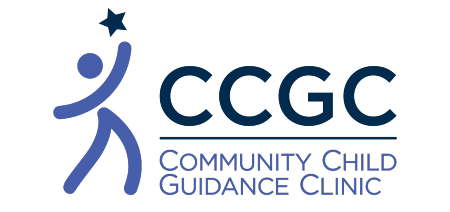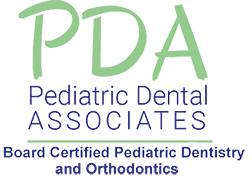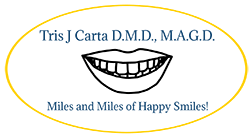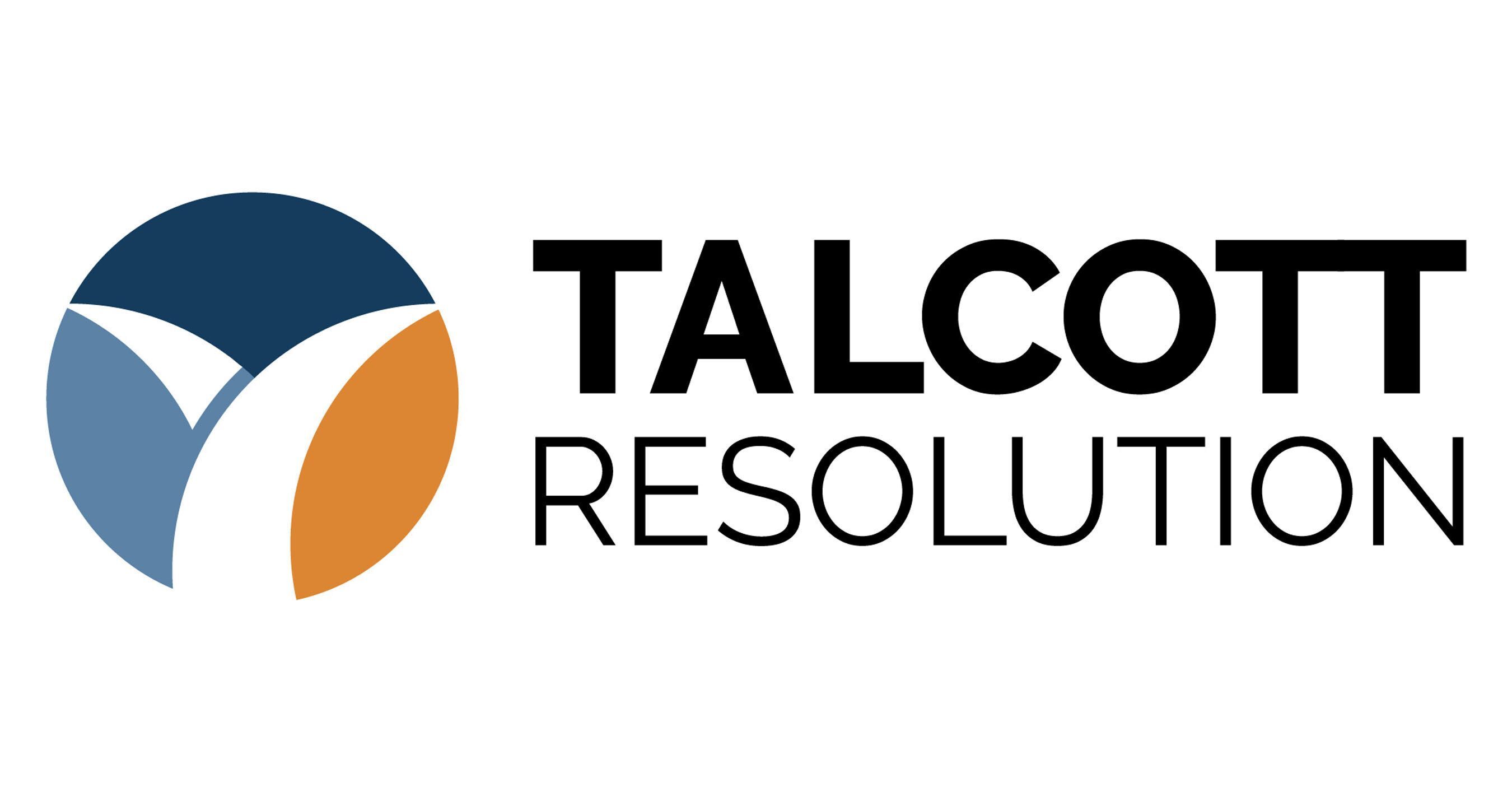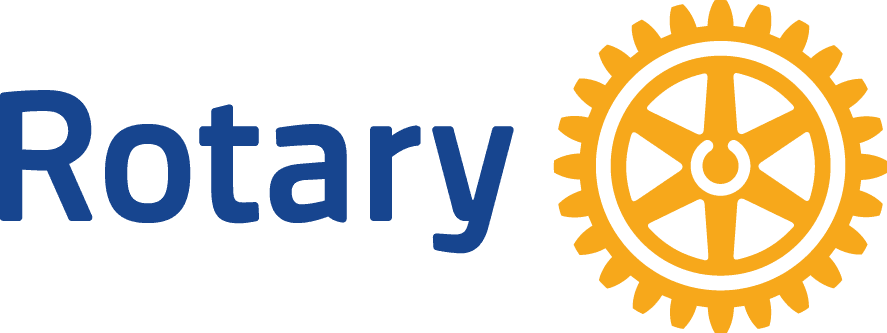What are Evidence-Based Practices?
When our bodies are sick with an illness or hurt from an injury, we rely on medicine and therapies that have been thoroughly tested and proven to make us healthy and whole again. In the same way, an evidence-based practice - or “EBP”- helps us to heal from mental illness and recover from emotional or psychological trauma using techniques that are studied, tested, and proven to be effective. EBPs (also sometimes referred to as an evidence-based treatment or EBT) are methods and systems of treatment that clinicians learn about through intensive training, providing them with new clinical “tools” and structured treatment plans to use when helping individuals receiving therapy. EBPs will typically focus on one specific problem area, such as anxiety or depression, but like all types of therapy, are flexible in their ability to consider a client’s circumstances, values, and culture.
The EBPs offered at CCGC were developed to help children who have trauma or attachment issues. Trauma can be defined as a deeply stressful or disturbing experience that overwhelms an individual’s ability to cope, causes feelings of helplessness, and limits their capacity to feel the full range of emotions involved with that experience. Some examples of trauma include sexual and physical abuse, witnessing violence, or the sudden death or loss of a loved one. It is not uncommon for children to experience emotional or behavioral challenges after being exposed to a trauma, including:
- Trouble sleeping or having nightmares
- Feeling sad, worried, angry or cranky
- Wanting to be alone
- Frequent thoughts about the trauma
- Getting upset when reminded about the trauma
- Not wanting to talk about the trauma
- Difficulty paying attention or focusing
- Behavioral problems or aggression
Read on to learn more about the EBP’s CCGC offers.
Trauma-Focused Cognitive Behavioral Therapy (TF-CBT)
Trauma-Focused Cognitive Behavioral Therapy is an evidenced-based, short-term treatment for children who have been exposed to trauma and are having emotional and/or behavioral reactions. TF-CBT was developed to help traumatized children regain a sense of safety and manage their physical, emotional and behavioral stressors. TF-CBT is designed to treat children ages 3 to 18 and includes a significant family component.
TF-CBT helps children to:
- Understand that the trauma was not their fault
- Identify feelings and learn how to manage them
- Learn relaxation skills and how to tolerate trauma reminders
- Recognize negative thoughts that lead to emotional and behavioral problems
- Develop and enhance their safety skills
Family component:
Children improve more quickly when their caregivers learn skills to help their children cope with the trauma. Having caregivers involved in treatment is essential as they have the opportunity to discuss their own feelings, learn new techniques and strategies to improve parenting skills, and receive on-going support.
What can you do to help your child?
- Reassure your child that he/she is safe, secure, and loved
- Help your child to return to typical routines as much as possible (e.g. sleep, school, being with friends)
- Talk with your child about his/her thoughts and feelings
- Be patient and accepting of your child’s reactions
- Remind your child that the traumatic event was not his/her fault
Please click here for more detailed information about TF-CBT.
Modular Approach to Therapy for Children with Anxiety, Depression, Trauma, and Conduct Problems (MATCH-ADTC)
The Modular Approach to Therapy for Children with Anxiety, Depression, Trauma, and Conduct Problems EBP is a short-term model based on cognitive-behavioral therapy, which seeks to improve depression and anxiety by changing unhelpful thought and problematic behavior patterns. The model was designed to use with children ages 6—15, but can sometimes be used for children older or younger if appropriate.
MATCH-ADTC can help kids with depression, anxiety, and trauma symptoms by:
- Teaching them about their behavioral health condition
- How to recognize their symptoms
- How to use specific skills to reduce emotional experiences
- How to change their behaviors
The “Conduct” aspect of MATCH-ADTC is based on the model called parent-management training. While “ADTC” heavily involves the parent in learning and supporting the use of skills, “Conduct” works directly with the parent to reduce undesirable and disruptive behaviors.
Please click here to learn more specific information about MATCH-ADTC.
Attachment, Regulation, and Competency (ARC)
Trauma and stress that remain present for a long time and over several developmental stages can cause complex developmental trauma. Chronic trauma can affect the health of the relationship between a child and their caregiver, and sometimes, a child is removed from his or her caregiver for safety concerns. This can lead to additional psychological stress.
The Attachment, Regulation, and Competency EBP targets trauma that is complicated, and is an excellent model for children in state custody, adopted, or in which trauma is experienced in the caregiver-child relationship.
ARC helps the caregiver and child to:
- Recognize how chronic trauma impacts child development
- Recognize trauma reminders
- Manage intense emotional experiences
- Respond to trauma-influenced behaviors therapeutically
- Heal the historical narrative of victimization and instill hope
- Repair unhealthy beliefs about personal identity
Please click here for more information about ARC.
